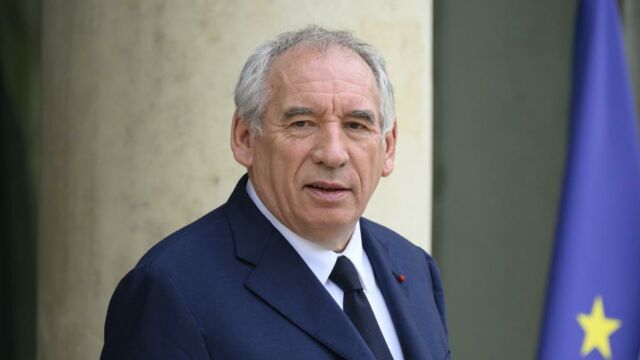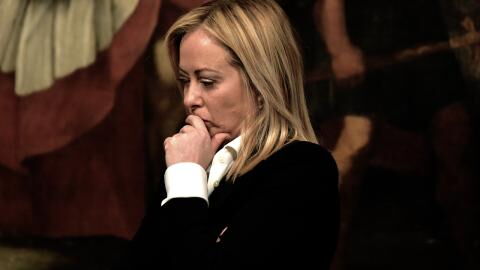It was a whirlwind week in French politics. In a country known for its passionate political debates and spirited assemblies, few expected such a swift collapse. France's political situation is now in flux as Prime Minister François Bayrou, a veteran centrist and ally of President Emmanuel Macron, was ousted in a parliamentary confidence vote. The 74-year-old leader's short-lived tenure ended with just 194 MPs in his corner, and a towering 364 voting against him. The result plunged the Macron government into yet another reshuffle, leaving citizens and officials alike wondering: what next?
Discover our latest podcast
Why did François Bayrou lose the confidence of parliament?
Bayrou's exit was the result of multiple accumulating factors. Most significantly, he proposed a highly unpopular €44 billion austerity package to tackle France's public debt, including a plan to scrap two public holidays.
In his speech ahead of the vote, Bayrou described France as trapped in an 'inexorable swamp of debt' and said, without a budget compromise, 'government action will be destined to fail,' as quoted by The Guardian.
But the budget wasn't the only issue. Bayrou's past caught up with him in the form of a parliamentary inquiry into abuse at the Bétharram school, where his wife once taught and several of his children studied. His dismissal of the inquiry as a 'political tribune' drew ire even from allies. Centrist MP Violette Spillebout abstained from the vote, calling his comments ‘an insult to victims.’
Additionally, his approach to pension reform created further resentment. Bayrou had supported raising the pension age and redefining France's social support programmes, which faced broad opposition from both the public and the left. Marine Le Pen called his resignation 'the end of the agony of a phantom government', while Socialist MP Boris Vallaud criticised Bayrou for 'impoverishing the poor, enriching the rich.'
Macron appoints Sébastien Lecornu as new prime minister
In an attempt to stabilise the government, President Macron quickly appointed 39-year-old Sébastien Lecornu as France's new prime minister. As reported by the BBC, Lecornu was among the favourites for the role and had served as defence minister, overseeing France's military response to the war in Ukraine.
The Élysée Palace stated that Lecornu would now lead consultations with various parties to advance the 2026 budget. On social media, he wrote that he had been entrusted with:
building a government with clear direction: defending our independence and our strength, serving the French people, and [ensuring] political and institutional stability for the unity of our country.
His appointment drew mixed reactions. While Marc Fesneau of Bayrou's MoDem party supported the choice and called for compromise, opposition leaders were less enthusiastic. Jean-Luc Mélenchon said the move showed 'nothing had changed,' and Marine Le Pen accused Macron of governing from 'his bunker, along with his little circle of loyalists.'
Although there was speculation Macron might extend an olive branch to the centre-left, Socialist Party leader Olivier Faure confirmed he had not been contacted, quipping:
I slept pretty soundly so I didn't hear the phone ring.
Former prime minister Édouard Philippe endorsed Lecornu's appointment, praising his debating skills and warning that without a compromise on the budget, fresh elections could be inevitable.
Read more:
Donald Trump breaks silence on social media health speculation after a quite long weekend
Inside Karoline Leavitt’s marriage: Meet her millionaire husband Nicholas Riccio
Elon Musk’s DOGE team allegedly trashed US Institute of Peace during controversial takeover
Sources used:
The Guardian: François Bayrou ousted as French PM after losing confidence vote
BBC: Why has the French PM had to go and what happens next?
BBC: Macron names ally Sébastien Lecornu as new French PM















